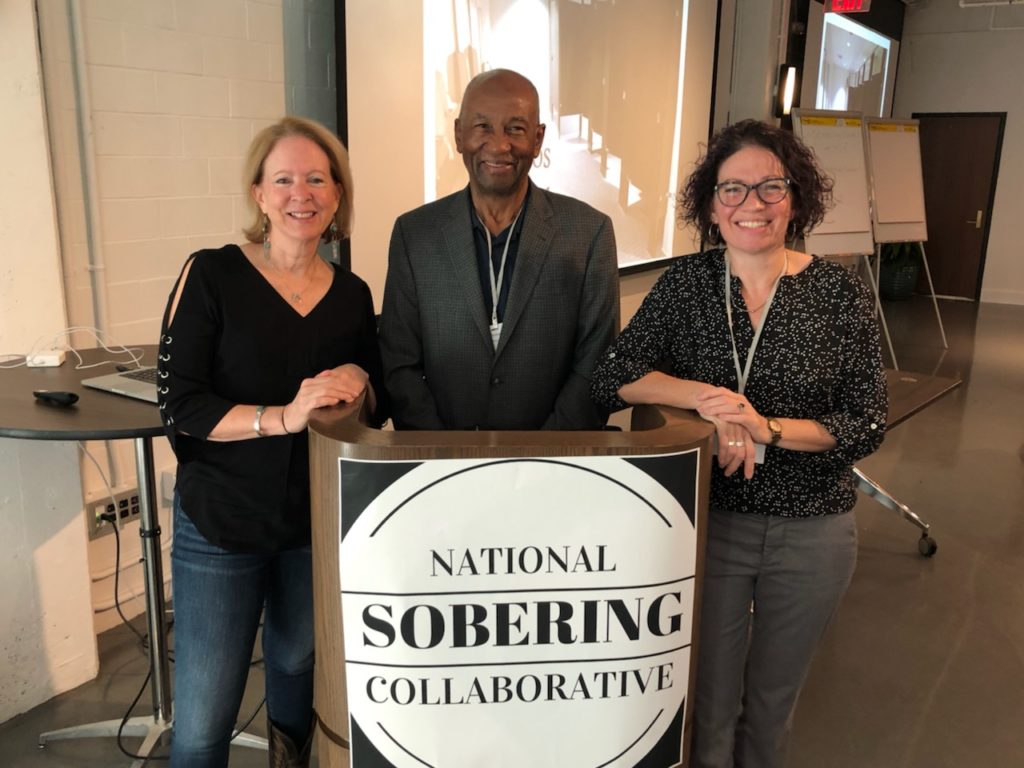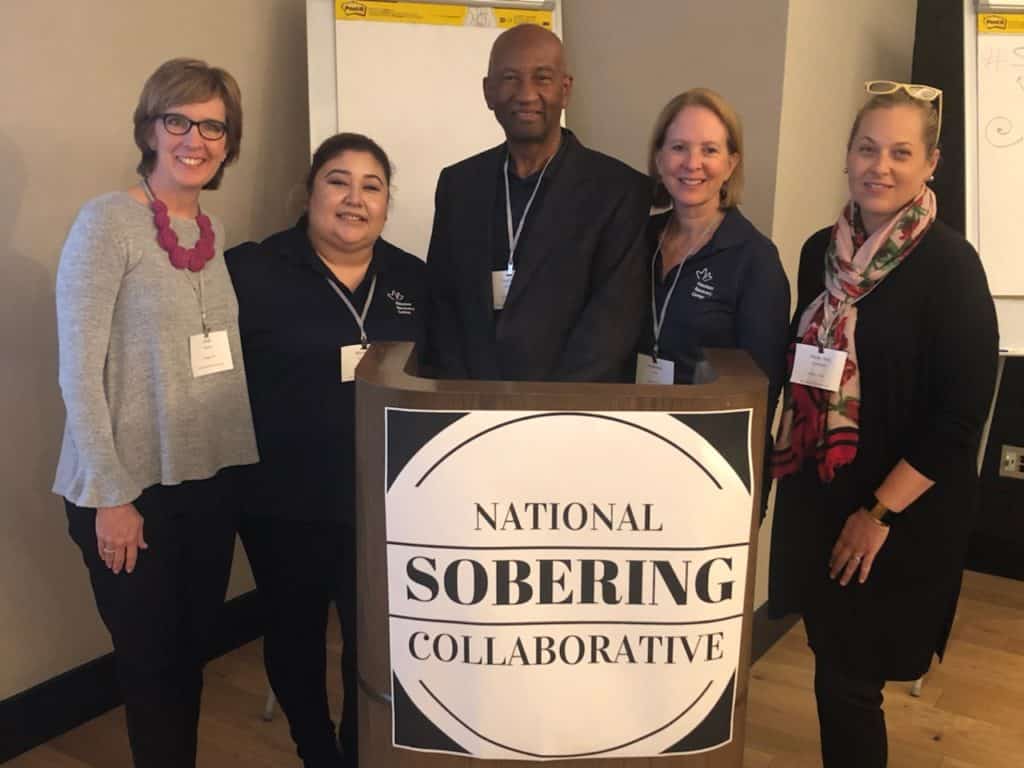National Sobering Collaborative gathered experts from around the country to discuss harmful and hazardous substance use in communities. They shared insights, sobering practices, research, and results on the impact of sobering centers in the community. The 4th annual event, Sobering Summit, held October 11-12 in Washington, D.C., hosted 60 attendees for informative sessions, brainstorming, and networking among peers.
Shannon Smith-Bernardin PhD, president and co-founder of National Sobering Collaborative, says it’s evident that a nationwide movement is underway to establish sobering care as an important and necessary service to successfully care for clients with public intoxication.
“Despite our different service models, approaches to care, and collaborating partners, there was an incredible level of enthusiasm (at the Summit) to come together for our clients and our communities,” Smith-Bernardin relates.
 Houston was well represented with several panels featuring Houstonians. Sobering Center 101: From Concept to Operation involved the original team who started the Houston Recovery Center (Executive Director Leonard Kincaid plus Major Mike Lee and Sheriff Ed Gonzalez of Harris County Sheriff’s Office). The panel shared their expertise around navigating politics, funding, and business formation. The smooth and rapid startup of Houston’s sobering center is the exception, rather than the rule, because the strong community partnerships defined the need to address public intoxication and made the case for a new approach from the beginning of the project.
Houston was well represented with several panels featuring Houstonians. Sobering Center 101: From Concept to Operation involved the original team who started the Houston Recovery Center (Executive Director Leonard Kincaid plus Major Mike Lee and Sheriff Ed Gonzalez of Harris County Sheriff’s Office). The panel shared their expertise around navigating politics, funding, and business formation. The smooth and rapid startup of Houston’s sobering center is the exception, rather than the rule, because the strong community partnerships defined the need to address public intoxication and made the case for a new approach from the beginning of the project.
Three key learnings from the start-up process at Houston Recovery Center: 1) It’s important to have community champions. 2) It’s important to educate the community. 3) It’s important to make it easy for law enforcement to use the sobering center.
“If law enforcement were ever turned away, for any reason, they wouldn’t come back,” Major Lee remarked. “We had to have a simple process for dropping off public intoxicated people.”
 Another session featured Suzanne Jarvis (Director, Data and Program Analytics) and Vicki Powers (Communications Specialist) from Houston Recovery Center around the power of data in Why Data Matters. Collecting the right data can help guide operations, funding, marketing, and research.
Another session featured Suzanne Jarvis (Director, Data and Program Analytics) and Vicki Powers (Communications Specialist) from Houston Recovery Center around the power of data in Why Data Matters. Collecting the right data can help guide operations, funding, marketing, and research.
Houston-based Dr. Alicia Kowalchuk at Baylor College of Medicine shared Trends and Needs Around Substance Use in the clients and communities that are served by sobering centers.
Success Factors of Sobering Centers
What are some of the factors in the success of sobering centers? Summit attendees offered a variety of answers. Sobering centers offer clients a warm hand-off to community services; are valued by stakeholders; stabilize intoxication safely; incur no additional harm to the clients they serve; and potentially help clients become more aware of their harmful levels of substance use.

Leonard Kincaid and Suzanne Jarvis (Houston Recovery Center) are board members of National Sobering Collaborative, with Shannon Smith-Bernardin, PhD, RN. CNL.

Vicki Powers, Marina Franco, Leonard Kincaid, Suzanne Jarvis, Dr. Alicia Kowalchuk.